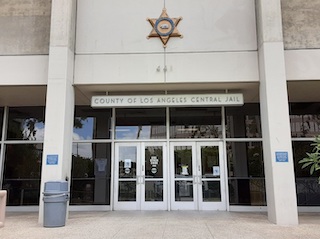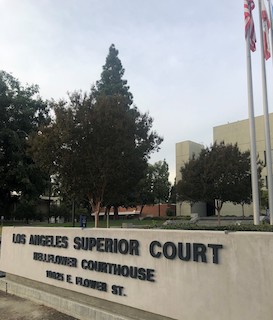After all, “necessary delay” does not include delay for the purpose of interrogating the suspect for the purpose of investigating the case or delay for the convenience of the police or prosecutor. Corley v. U.S. (2009) 556 U.S. 303, 308, 129 S. Ct. 1558; County of Riverside v. McLaughlin (1991) 500 U.S. 44. 56. 111 S/ Ct. 1661; People v. Thompson (1980) Cal.3d 303, 329; In re Michael E. (1980) 112 Cal.App.3d 74, 79. While none of these cases involve delay for purposes of the probation department to investigate the case, we believe the intent behind these cases would include probation department investigations such as for SB 10’s required pretrial risk assessment.
With felony arrestees, the probation department will have to hustle even more to complete a proper pretrial risk assessment of each individual. This assessment’s goal is to classify suspects not released automatically as “low risk,” “medium risk” or “high risk” based on an algorithm that will assign a “risk score” to each felony arrestee. This score will numerically value a person’s criminal history, history of not appearing in court, the crime for which the suspect is held and many other factors. Simply inputting this history for each arrestee is a going to be a challenge within 48 hours. When information is lacking, it may become necessary to question the suspect.
 Men's Central Jail Los Angeles
Men's Central Jail Los Angeles
Doing so may require talking to the suspect to confirm his date of birth, spelling of his name and other identifying factors. This calls for statements from the accused and it is where McNabb, supra, will apply. Statements from the accused without any unnecessary delay will not be subject to suppression, but statements made by the accused may be subject to suppression.
To date, California has declined to adopt a strict standard favored in federal court, wherein postponing taking an accused to arraignment to have time to question him or her will result in suppression of any statements obtained. Mallory v. U.S. (1957) 354 U.S. 449, 77 S. Ct. 1356. However, with SB 10’s requirement that there be a pretrial risk assessment, we see this requirement and the “Mallory-McNabb” rule inevitably colliding.
We foresee arrestees making statements during this pretrial risk assessment concerning the crime, without assistance of counsel, in order to be released. Such statements inevitably will include admissions, confessions and other compromising information that a good defense attorney will want suppressed.
Suppression on Fourth Amendment grounds of a confession elicited as the fruit of a period of unnecessary delay would be made under Penal Code § 1538.5. People v. Jenkins (2004) 122 Cal.App.4th 1160, 1174. To justify exclusion of the statement, defendant must show a causal connection between the delay and the statement. People v. Turner (1994) 8 Cal.4th 137, 176, Thompson, supra, at 329.
Unnecessary delay is also a factor in contributing to the involuntariness of a Miranda waiver (U.S. v. Wilson (9th Cir. 1988) 838 F.2d 1081, 1085) and the coercion of a confession for Fifth Amendment purposes (Turner, supra at 176).
An alert criminal defense attorney must be mindful of such statements made by his or her client when there are delays in the arraignment, which we believe will be commonplace once SB 10 and the abolition of money bail becomes effective October 1, 2019.
 Bellflower Courthouse
Bellflower Courthouse Men's Central Jail Los Angeles
Men's Central Jail Los Angeles